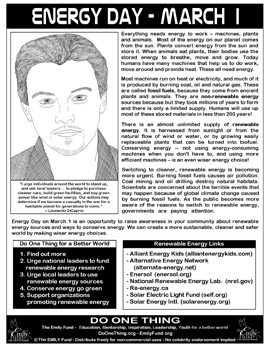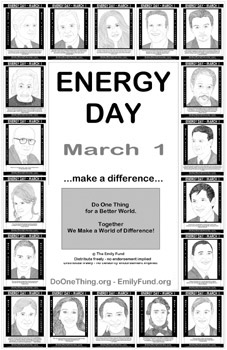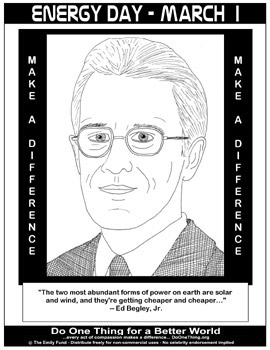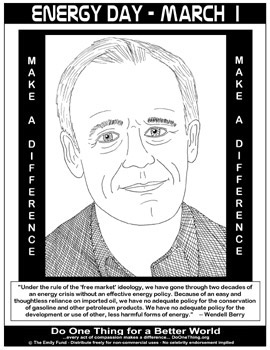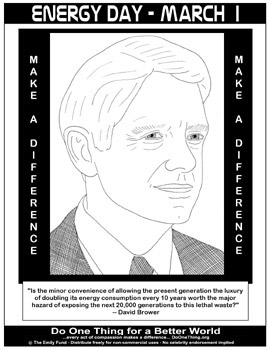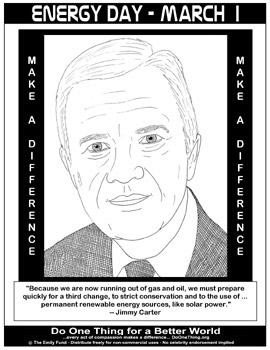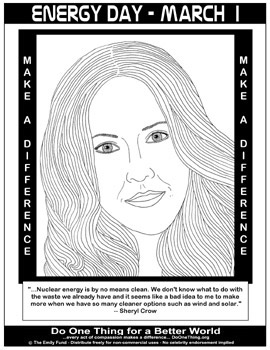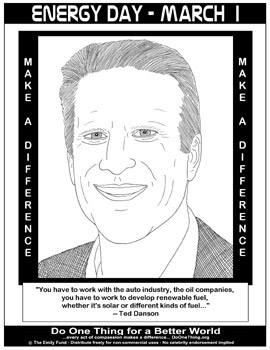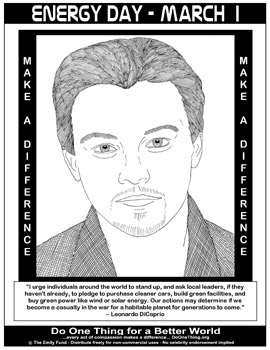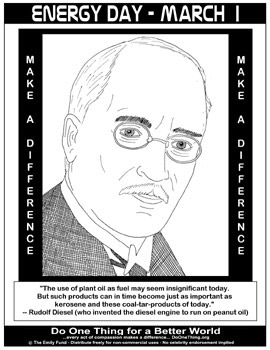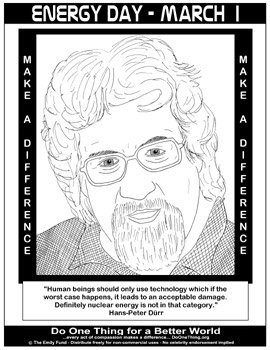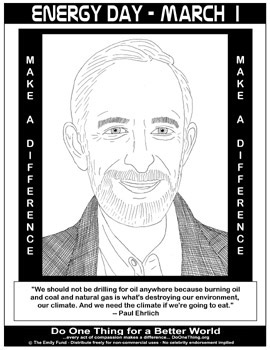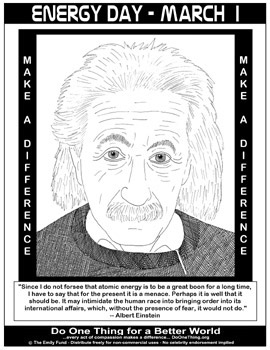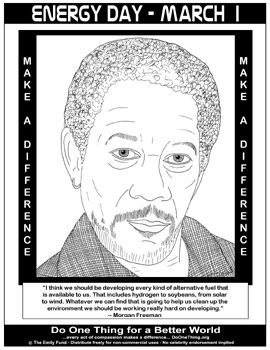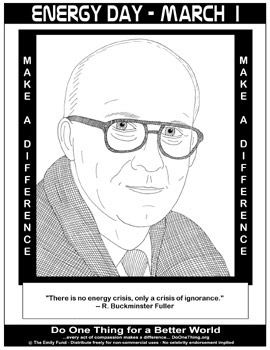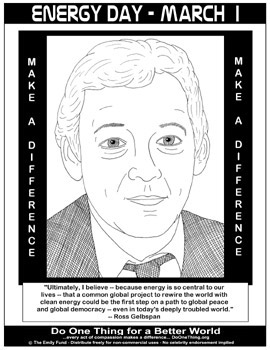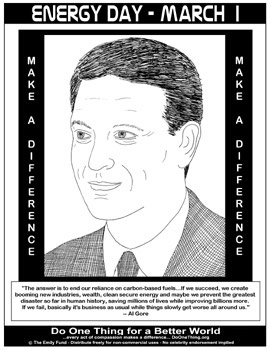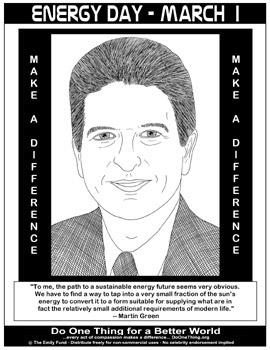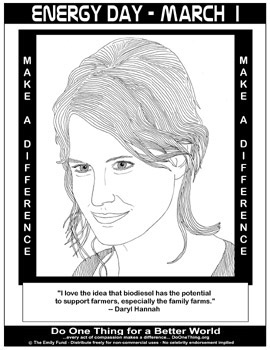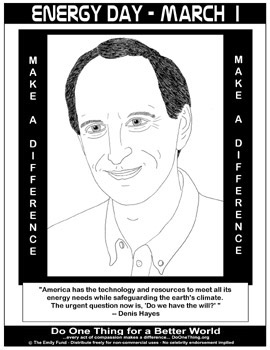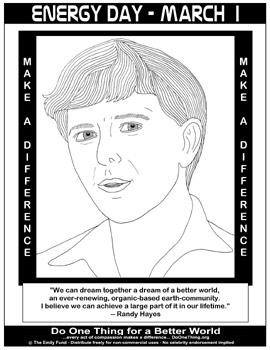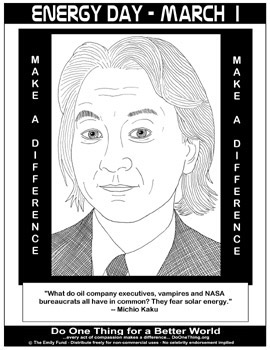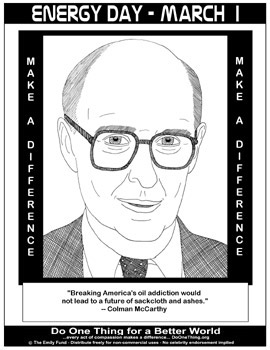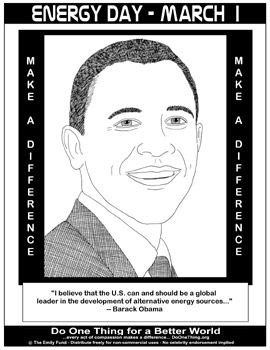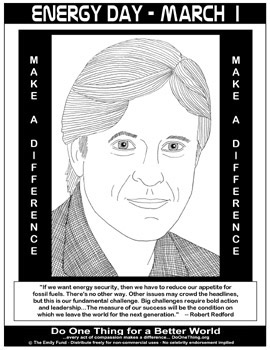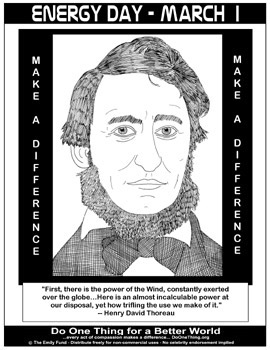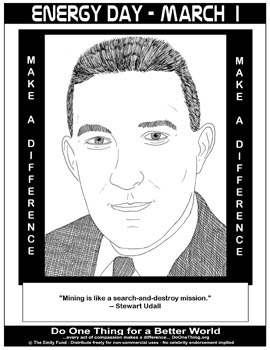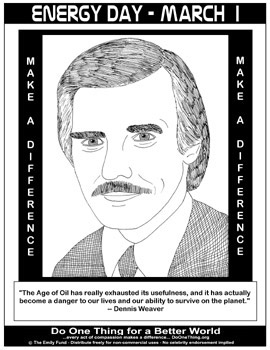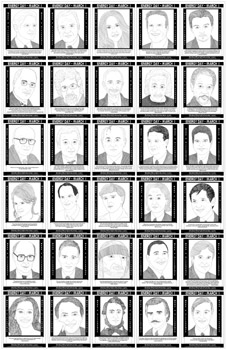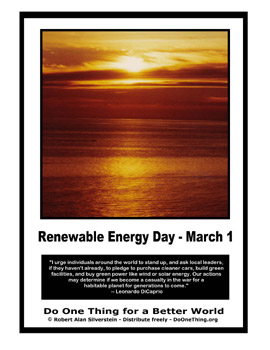 Everything
needs energy to work - machines, plants and animals. Most of
the energy on our planet comes from the sun. Plants convert
energy from the sun and store it. When animals eat plants, their
bodies use the stored energy to breathe, move and grow. Today
humans have many machines that help us to do work, move around
and provide heat. These all need energy.
Everything
needs energy to work - machines, plants and animals. Most of
the energy on our planet comes from the sun. Plants convert
energy from the sun and store it. When animals eat plants, their
bodies use the stored energy to breathe, move and grow. Today
humans have many machines that help us to do work, move around
and provide heat. These all need energy.
Most
machines run on heat or electricity, and much of it is produced
by burning coal, oil and natural gas. These are called fossil
fuels, because they come from ancient plants and animals. They
are non-renewable energy sources because but they took millions
of years to form and there is only a limited supply. Humans
will use up most of these stored materials in less than 200
years!
There
is an almost unlimited supply of renewable energy. It is harnessed
from sunlight or from the natural flow of wind or water, or
by growing easily replaceable plants that can be turned into
biofuel. Conserving energy -- not using energy-consuming machines
when you don't have to, and using more efficient machines -
is an even wiser energy choice!
Switching
to cleaner, renewable energy is becoming more urgent. Burning
fossil fuels causes air pollution. Coal mining and oil drilling
destroy natural habitats. There is still no safe way to dispose
of wastes from nuclear power plants. Scientists are concerned
about the terrible events that may happen because of global
climate change caused by burning fossil fuels. As the public
becomes more aware of the reasons to switch to renewable energy,
governments are paying attention. In 1997, many nations joined
to address the problem of global climate change by agreeing
to the Kyoto Protocol, which calls for a reduction in carbon
emissions from fossil fuels. The US is the only major nation
that refuses to participate.
Energy
Day on March 1 is an opportunity to raise awareness in your
community about renewable energy sources and ways to conserve
energy. We can create a more sustainable, cleaner and safer
world by making wiser energy choices.




